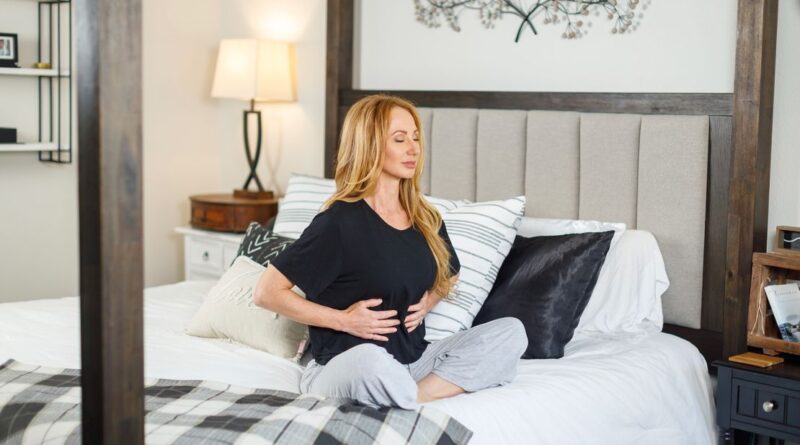A new way to sleep better: an evening exercise break | CNN
Editor’s note: Dana Santas, known as “Mobility Maker,” is a certified strength and conditioning expert and mind-body coach in professional sports, and is the author of the book “Practical Solutions for Back Pain Relief.”
CNN
–
The importance of sleep for overall health cannot be overstated – it improves mood, boosts energy and reduces the risk of disease, to name just a few benefits. Yet many people struggle to get nights off. In the United States, 39% of adults ages 45 to 64 report not getting enough sleep, according to a 2022 survey by the US Centers for Disease Control and Prevention.
Now, a small success study published on July 16 in the journal BMJ Open Sport & Exercise Medicine suggests a simple but effective strategy for improving sleep: incorporating short-term resistance, or training vigorous, exercise break in the evening.
Based on the findings, this new method could change the way people think about bedtime routines and provide an effective solution for those who need more sleep.
Conducted by researchers at the University of Otago in New Zealand, a small study investigated the effect of three minutes of regular resistance exercise every 30 minutes for a period of four hours in the evening.
Wearing activity monitors, 28 healthy nonsmoking women aged 18 to 40, who typically sat for long periods during the workday and evening, took breaks or they stay full time in a supervised laboratory.
The findings were compelling: Participants slept 27.7 minutes longer when they took regular exercise breaks compared to when they sat undisturbed. In addition, there was no significant difference in sleep efficiency or number of awakenings, indicating that short periods of exercise did not impair other aspects of sleep quality.
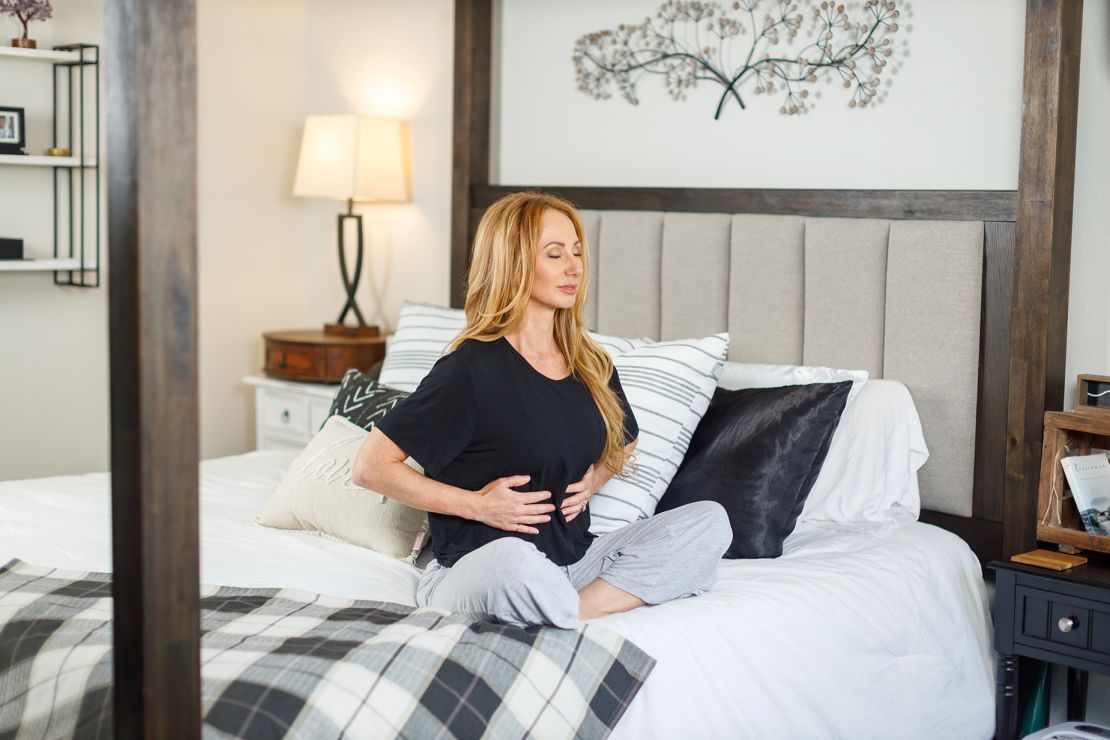
Even the researchers said that the results were unexpected. “Given current sleep hygiene guidelines, we were surprised to see such an impact on sleep,” said lead study author Jennifer Gale, a doctoral student in human nutrition at the University of Otago.
According to Gale, most sleep hygiene advice discourages prolonged periods of vigorous exercise near bedtime because it can increase body temperature and heart rate, which are believed to negatively affect sleep quality. However, this study refutes that theory. “Our study found that interrupting the evening sitting period with short bursts of vigorous exercise improved sleep quality and did not impair sleep quality,” Gale added in an email.
The authors of the study suggest that it is about doing the right types of exercise at the right time that improves rather than disrupts sleep. The short and shallow nature of the study means they are less likely to raise body temperature and heart rate to levels that could disrupt sleep.
Dr. Raj Dasgupta, associate professor of clinical medicine at Huntington Health California, emphasized the importance of keeping exercise short and not too intense so that they can help you sleep better without causing you to have excessive energy before going to bed. He was not involved in education.
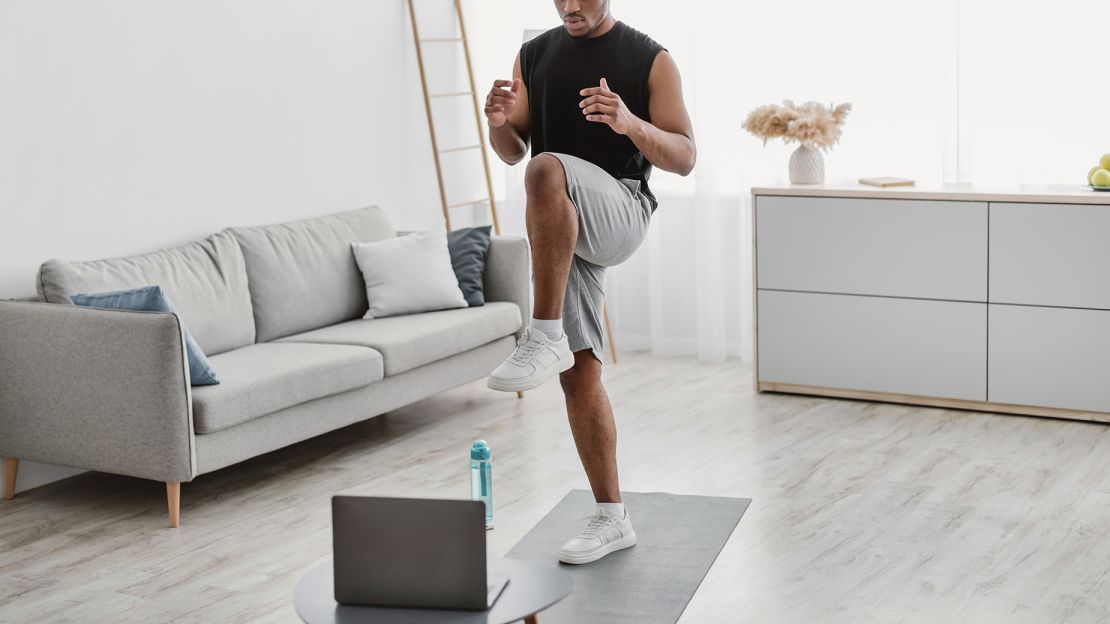
Dasgupta said the method could be especially helpful for “those who spend a lot of time sitting in their daily routines, offering an easy way to combat the sedentary lifestyle without make big changes.”
Gale and his team are currently conducting a follow-up pilot study to explore the question of how best to support people in making appropriate breaks in the sleep-enhancing process at times in the evening in space. of the real world.
Resistance training, also known as strength training, involves exercises that make muscles contract against external resistance. Resistance can come from your own body weight, free weights, machines or resistance bands.
Common resistance exercises include push-ups, squats and weight lifting. This exercise is designed to improve muscle strength and endurance by working against force.
Dasgupta said the study used a “simple and practical” form of resistance that could be practiced by many people. He emphasized the health benefits beyond improving sleep, adding that strength training improves quality of life and can help you maintain independence as you grow older.
Below are the three specific exercises used in the study along with another set of comparable models for different models. Based on the research, any information similar to moderate resistance exercise should work.
Important note: Check with your doctor before starting this or any new exercise program. As always, listen to your body and adjust the intensity and time needed to find what works best for you.
A learning exercise:
• Chair squats: Stand in a seated position without using your hands and sit down, repeating for 20 seconds.
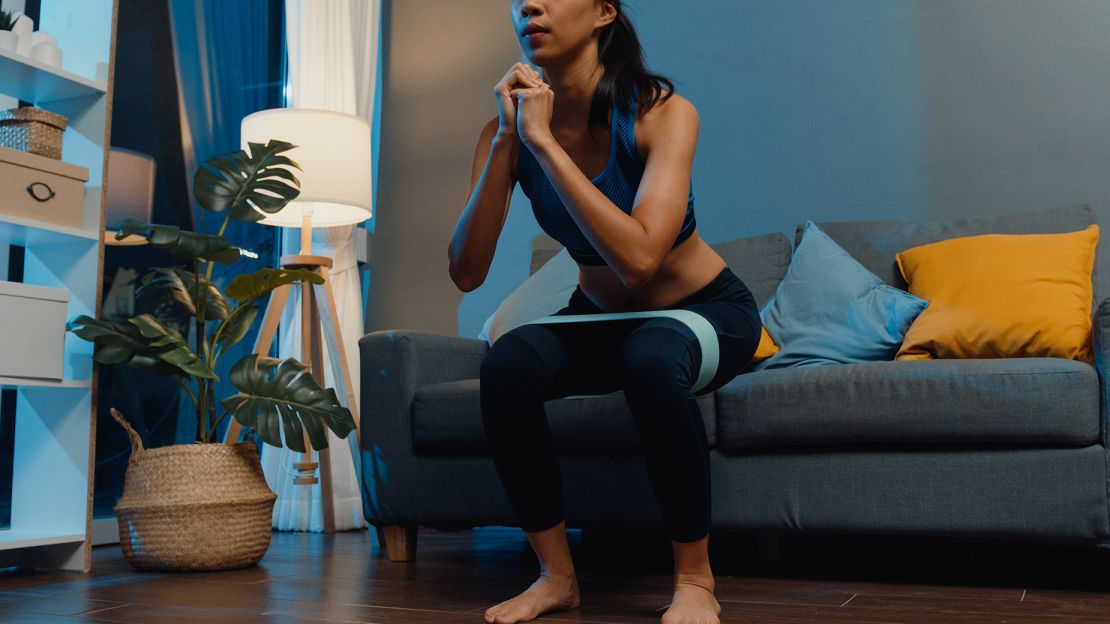
• Calf raises: When standing, stand on your toes, then lower back down, repeat for 20 seconds.
• Standing knee raises and straight leg hip extensions: Raise each knee to your chest, followed by stretching your leg back, for 20 seconds each. If necessary, use the back of a chair or a wall for support.
Other forms of exercise:
• Walking in space: Raise your knees alternately to hip height while waving your arms, repeat for 20 seconds.
• Wall push-ups: Stand facing a wall, so that you can place your hands on the wall at shoulder height, arms straight and palms down. Do push-ups against the wall for 20 seconds.
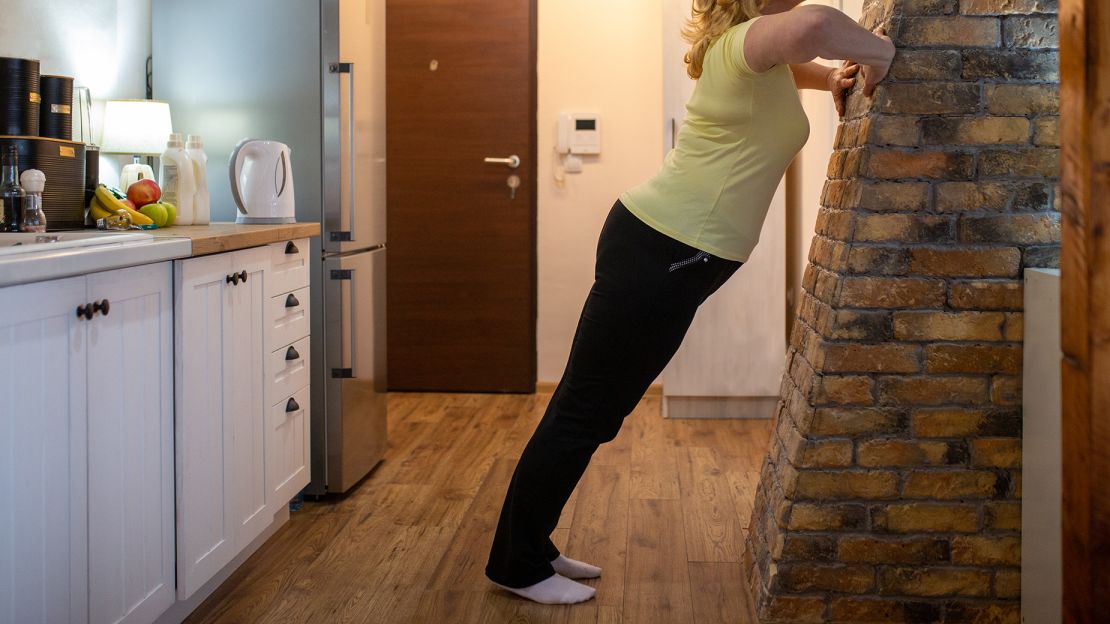
• Side leg raises: Stand with your feet hip-width apart, and raise one leg to the side, then lower it to the ground, repeat for 10 seconds on the other side for a total of 20 seconds. Lean on the back of the chair or a wall, if you need help with balance.
Repeat three of the above exercises three times, for a total of three minutes, every 30 minutes for four hours in the evening. Start this break around 4:00 pm or 5:00 pm, at least one hour before your bedtime so that your body can relax and prepare for rest. In total, this adds up to 24 minutes of exercise each evening.
Sitting for long periods of time, especially in the evenings, has been linked to negative health outcomes, including an increased risk of heart disease and diabetes. By including short events, individuals can reduce their dwell time and reduce some of these risks.
According to research results, in addition to improving sleep, evening breaks can also benefit overall health by improving postprandial metabolism – or how your body processes the nutrients you eat – and reduce the risk of heart disease. Gale pointed to this finding as one of the main points of the study, saying that disrupting your evening routine has the potential to improve your health “in many ways.” He added: “The important thing is to get up often and move your body.
Dasgupta agreed and said the findings were “very promising” and reached important conclusions despite the study’s size.
“Adding a quick, easy and light workout to your evening routine can be an easy way to improve your sleep and health,” she said.
So, why not try it tonight? A better night’s sleep can be a time for exercise.
Subscribe to CNN’s Fitness, But Better news series. Our seven-part guide will help you become more efficient, backed by experts.
#sleep #evening #exercise #break #CNN
